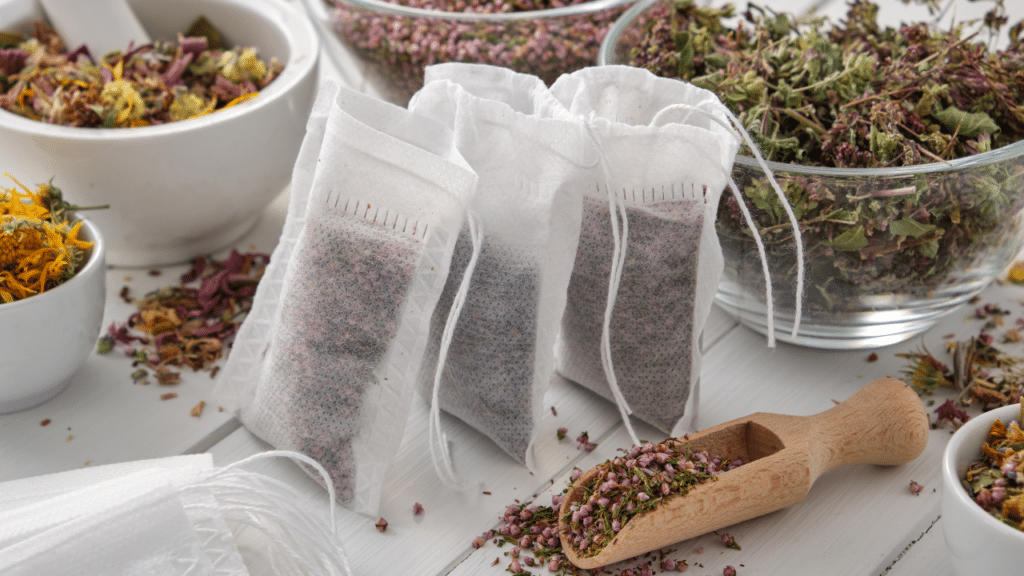Is Anything Safe Anymore?
In today’s world, even the simplest pleasures seem riddled with hidden dangers. The latest revelation? Your beloved tea bags could be steeping more than just your favorite brew—they’re also releasing billions of microplastic particles into your drink.
According to a December study conducted by the Autonomous University of Barcelona, boiling water used for steeping tea bags can lead to significant amounts of microplastics contaminating your tea. The study examined materials commonly used in tea bags, including nylon-6, polypropylene, and cellulose, and the findings were anything but comforting.
The Plastic Culprit
Polypropylene, a common polymer used in tea bags for heat sealing, was found to be the worst offender, releasing an alarming 1.2 billion microplastic particles per milliliter. The other materials weren’t much better, releasing millions of particles. Regardless of the numbers, the takeaway remains the same: we’re unknowingly consuming these harmful substances daily.
What Are Microplastics?
Microplastics are tiny plastic particles—often less than 5 millimeters in size—that are either intentionally produced (e.g., in cosmetics) or formed when larger plastic items break down. These particles are increasingly being found in our food, water, and even the air we breathe.
The health risks associated with microplastics are still not fully understood, but preliminary studies link them to various health concerns such as:
- Digestive issues
- Hormonal imbalances
- Infertility
- Potential long-term organ damage
The National Library of Medicine highlights the uncertainty surrounding the exact effects of microplastics, noting that “little is known” about how different factors—like size, shape, and concentration—affect human health.
Are We Doomed?
This latest revelation about tea bags is just another reminder of how pervasive microplastics have become. From the oceans to the air, there seems to be no escape. Even our favorite daily rituals, like enjoying a warm cup of tea, are not immune.
However, before you ditch tea altogether, there are steps you can take:
- Switch to loose-leaf tea: Using a stainless steel or glass infuser eliminates the need for tea bags entirely.
- Opt for organic, plastic-free tea bags: Look for brands that specifically label their tea bags as biodegradable or plastic-free.
- Be mindful of packaging: Many tea bags use hidden plastics; research brands that prioritize sustainable materials.
The Bigger Picture
While switching to eco-friendly tea options may reduce your personal exposure, the issue of microplastics extends far beyond tea bags. From water bottles to household products, microplastics are ubiquitous in modern life.
This revelation isn’t just about changing our tea habits; it’s a wake-up call to demand more sustainable, plastic-free alternatives across industries. Until then, every sip of tea serves as a sobering reminder of the invisible pollutants we encounter daily.
Is nothing safe anymore? Maybe not. But awareness is the first step toward change.

